The modern worker exists in a state of profound alienation, a condition Marx identified as the inevitable result of capitalist production. In Capital, he describes how workers become estranged from the product of their labor, from the act of production itself, and ultimately from their fellow workers. This alienation is exacerbated today by the hyper-specialization of labor, where expertise is so fragmented that no single worker can claim ownership over the final product. The assembly line, once a symbol of industrial progress, has evolved into something predatory: a system where workers are reduced to mere appendages of machinery, their labor abstracted into a series of disconnected tasks. Tasks that may feel meaningless to the worker but remain indispensable to the capitalist.
This fragmentation is no accident. As Gramsci observed, ruling-class dominance is maintained not just through economic coercion but through cultural hegemony. The language of socialism – dialectical materialism, surplus value, proletarian internationalism – remains alien to the very class it seeks to emancipate. Burdened by the daily grind of survival, workers are systematically denied the time and mental space to engage with these ideas. The result is a cruel paradox: those most exploited by capitalism are often the least equipped to understand, let alone challenge, their own exploitation.
Compounding this crisis is the spread of economic illiteracy among the masses. In the absence of clear socialist education, workers absorb and reproduce capitalist myths: scarcity as natural, austerity as necessary, wages as fair compensation rather than stolen surplus value. This confusion breeds reactionary tendencies, fracturing the working class into factions that turn against one another rather than the system oppressing them. Modern Monetary Theory (MMT), for instance, offers a powerful critique of capitalist finance, demonstrating that inflation and debt are political choices, not immutable laws. Yet without accessible explanations, MMT is either dismissed as “magic money tree” nonsense or distorted into liberal reformism, stripped of its revolutionary potential.
Automation, which under socialism could liberate humanity from toil, has instead been weaponized against workers. Marx foresaw this in his analysis of machinery under capitalism: technology is adopted not to reduce suffering but to intensify exploitation. Today, robotics and AI displace workers, jobs are outsourced to super-exploited labor in the Global South, and the gig economy turns precariousness into a business model. The ruling class wields innovation as a cudgel, ensuring that progress for capital means regression for labor.
The barrier to socialist consciousness is not merely intellectual. It is structural. How can workers achieve true class awareness when theory is locked behind academic jargon, when even basic critiques of capitalism are drowned out by corporate media and anti-intellectualism? The working class is expected to navigate a labyrinth of abstraction just to grasp the mechanisms of their own oppression. Worse, those who do grasp these ideas often find themselves shouting into voids – either preaching to the already converted or struggling to be heard over the exhaustion and disinterest of those too worn down to engage. It is like a non-Catholic stumbling into Mass, unfamiliar with the rituals, unable to recite the right phrases, forever an outsider looking in.
This is not an insurmountable problem, but it demands a shift in how socialist ideas are communicated. If socialism is to be a mass movement, it must speak in the language of those it seeks to organize. This does not mean diluting ideas but rather making them accessible without sacrificing their depth. The task ahead is not just to critique capitalism but to dismantle the barriers that keep workers from recognizing their own power.
The crisis of labor is both economic and ideological. The ruling class thrives on the illusion that capitalism is natural and eternal. Breaking that illusion requires more than perfect analysis decked out in radical buzzwords. It demands a movement that transforms theory into action, philosophy into daily struggle. The stakes could not be higher. If the language of liberation remains the property of academics and isolated subcultures, the working class will remain trapped in the machinery of its own exploitation.
The truth is, the people who will reach Main Street are not the theorists writing in obscure journals. They are the workers who live on Main Street, who speak the language of rent and groceries and layoffs – those who know exploitation firsthand. Those who understand the mechanics of capital’s oppression.





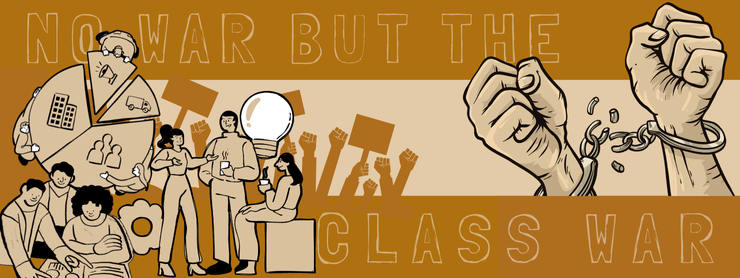
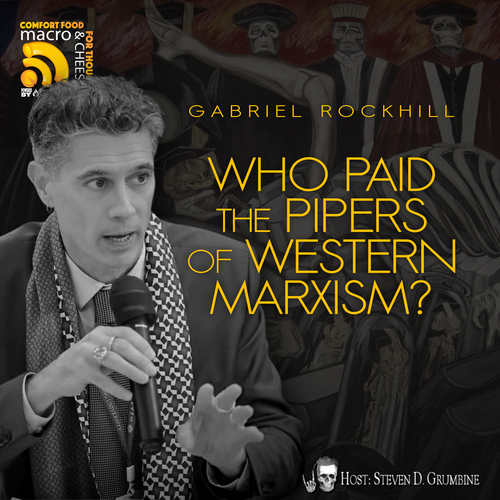
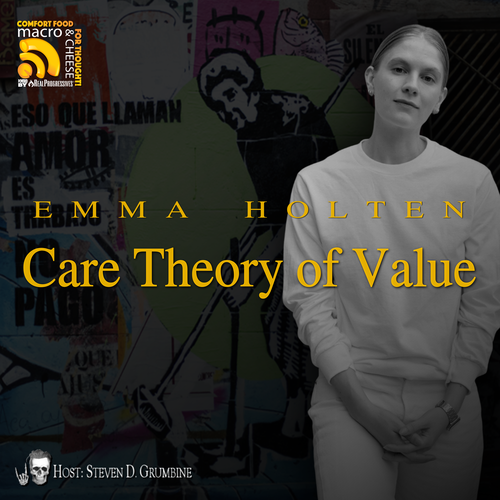
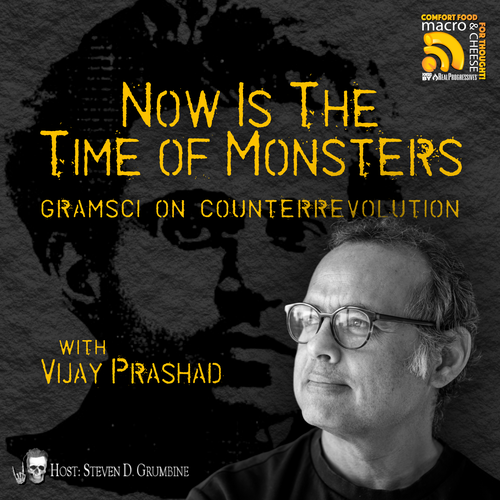
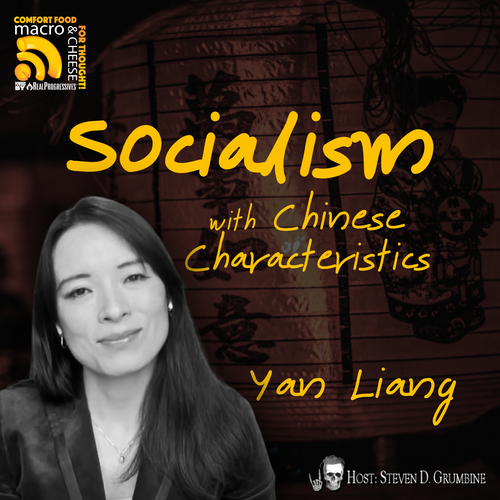
1 thought on “The High Intellectual Barrier to Socialist Consciousness”